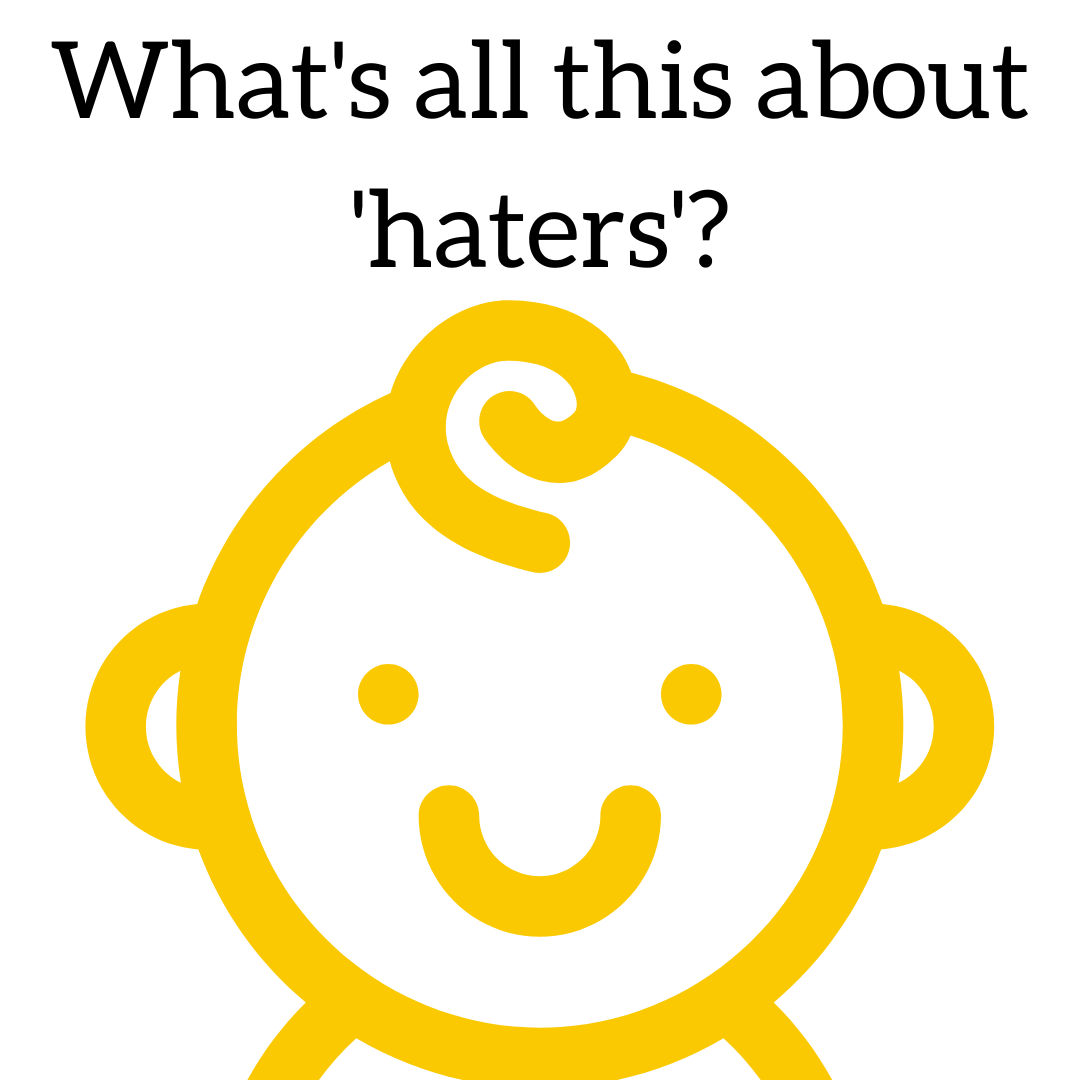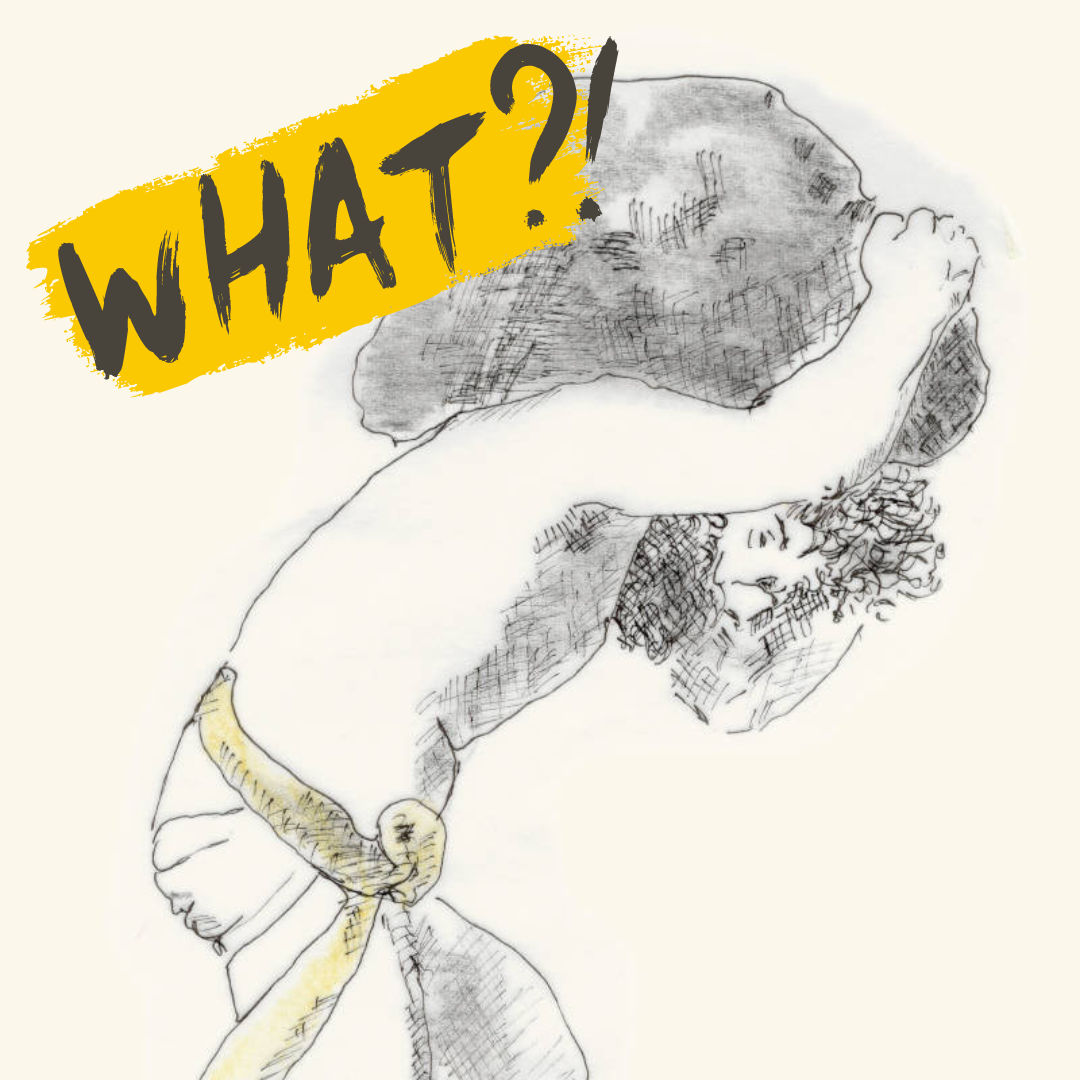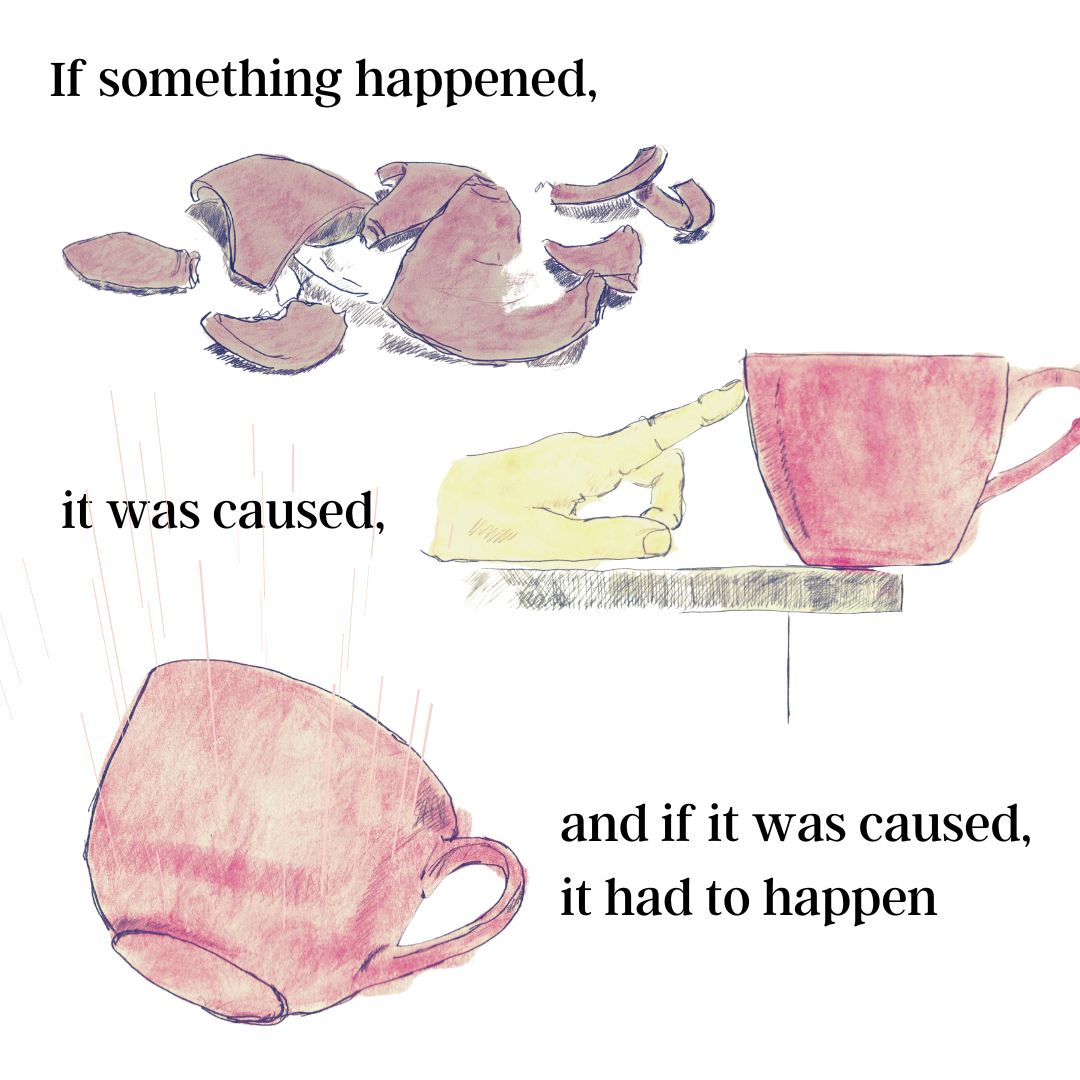
There is no such thing as self-sabotage.
21 June 2022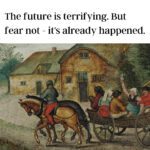
What are you afraid of?
21 June 2022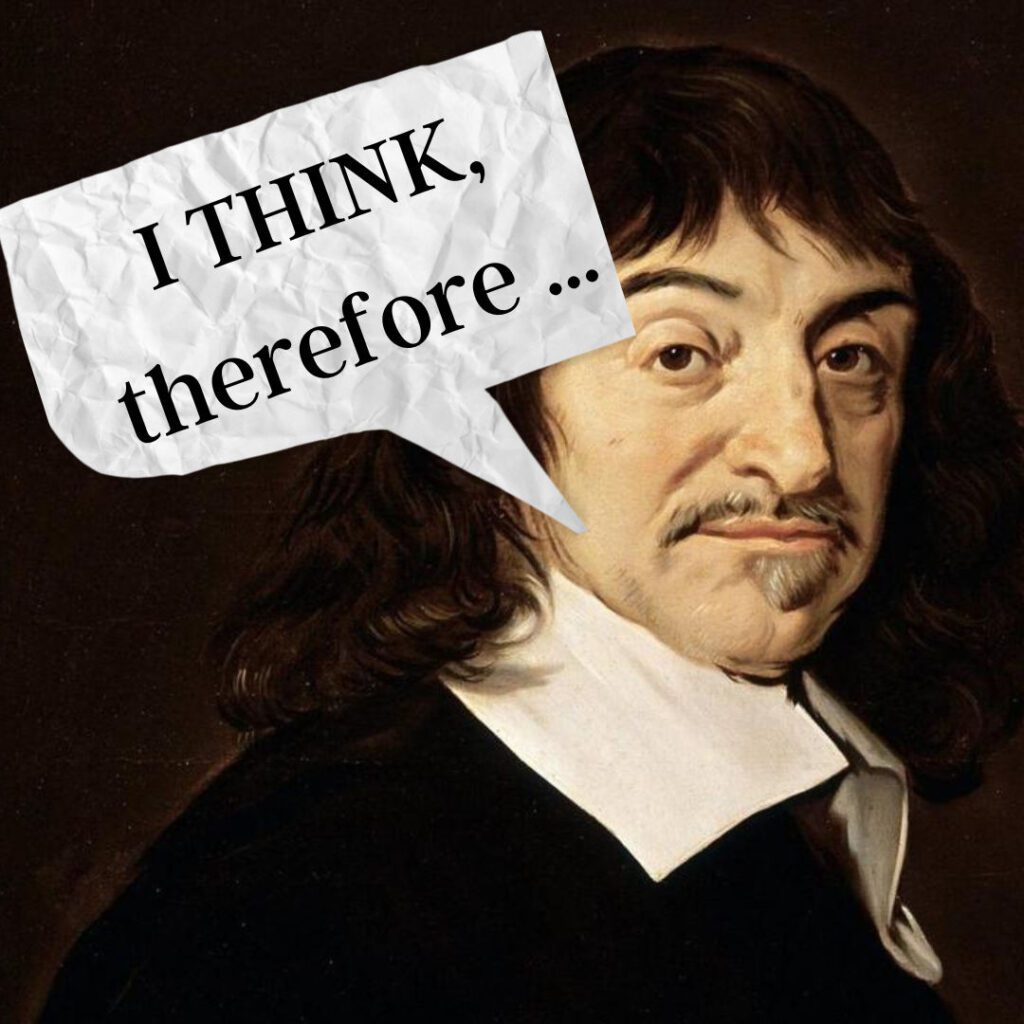
Nothing.
The famous maxim, which implored us to place reason above all else, was wrong.
Rene Descartes, who proclaimed ‘I think, therefore I am,’ saw the mind and body as separate, and believed that our minds are under our own control.
‘Except our own thoughts, there is nothing absolutely in our power.’ Descartes.
Both of these ideas have since been found to be incorrect, not just a little bit, but absolutely, completely and utterly wrong. This hardly a surprise, as he came to this conclusion nearly 400 years ago, in 1641. This was the year that the first sealed thermometer was made.
??? ?? ?? ???????
? What is your next thought going to be?
? What will you be thinking at 10am on Wednesday?
You have no idea. You can know where you will be and who with (even this is still only probability), but you have no idea what you’ll be thinking.
The persistence of his conclusions, and the needless suffering that this creates, is – of course – not his fault.
Descartes was a philosopher and mathematician whose influence lived on for centuries after his death in both fields.
‘I think, therefore I am’ was the result of his inner exploration to work out what he could know for certain. His conclusion was, I am able to think, therefore I exist.
So, if this he was wrong, what’s correct?
??? ?????? ??, ?? ??? ?????.
No one knows how the brain creates thought – or indeed if it does.
The non-dual people say that the source of consciousness is not the mind. For a coherent and quite lovely explanation of that view, see Rupert Spira’s YouTube channel.
Here are a few ways others ways of thinking about thinking.
? Lisa Feldman-Barrratt, neuroscientist, psychologist and writer says, “Your brain’s most important job isn’t thinking; it’s running the systems of your body to keep you alive and well.”
? Antonio R. Damasio, also a neuroscientist who wrote Descartes’ Error: Emotion, Reason and the Human Mind, says “most of our decision making was shaped by somatic states related to punishment and reward.” Meaning, we choose one thing over another on the basis of bodily signals we are often unaware of, but are associated with positive or negative outcomes.
? Psychoanalysts believed that we are controlled by subconscious primal urges that can only be resolved by talking about them (for years)
So, when thinking about thinking, I’d rather be on the side of contemporary science than a dude from 1641, no matter how smart he was.
??????, ??????? ??? ???? ??????????
No doubt, we all want to be fitter, happier and more productive (to quote Radiohead).
And to do that, we’re going to have to influence what is going on in minds and bodies. This is no easy task.
We have more chance of success when we apply an accurate model of where thought comes from and what it’s for. We have this information.
So let’s drop the outdated idea that we can control conscious thought with more conscious thought.

